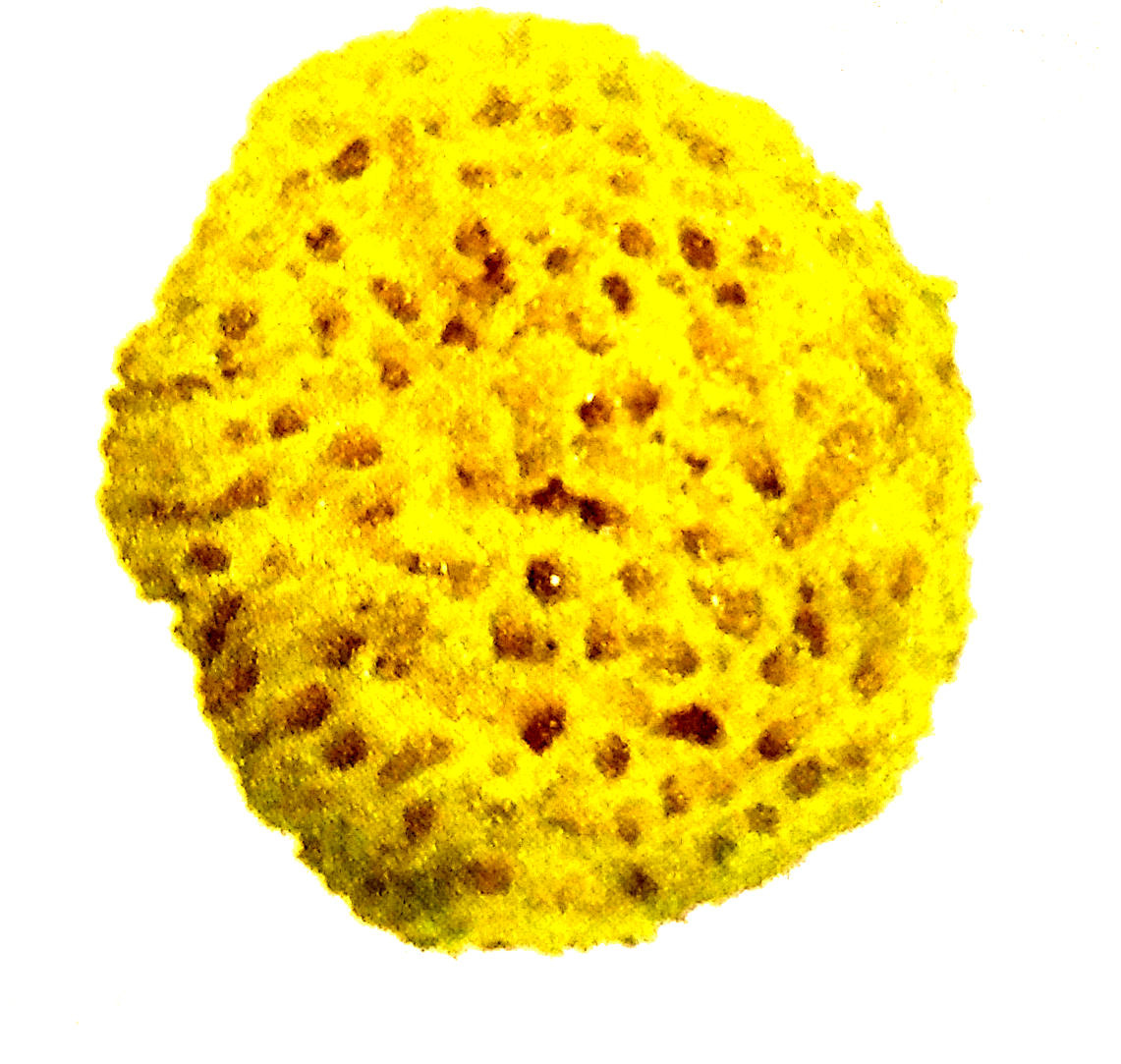Read the conditions carefully and write the answers to the questions that follow:
Conditions: A given animal is found in the coastal water of the tropical and temperate seas and possesses the following characteristics:
(a) The animal belongs to the group which depicts the tissue level of organisation.
(b) The body wall consists of two distinct layers of cells: the outer epidermis and the inner gastrodermis.
(c) The animal has a soft, gelatinous, saucer-like body bearing numerous tentacles at the margins.
(d) The animal has minute .fimbriae possessing abundant stinging cells (nematoblasts).
Name the cells that act as organs of defence in the animal. Where are these cells located?
Nematoblasts or nematocysts or cnidoblasts. These are found abundantly in minute fimbrae on the margins of four long oral arms.
Topper's Solved these Questions
- CLASSIFICATION OF ANIMALS : INVERTEBRATESBOOK - CENGAGE BIOLOGYCHAPTER - CLASSIFICATION OF ANIMALS : INVERTEBRATESEXERCISE - CONSOLIDATED EXERCISE (MULTIPLE CHOICE QUESTIONS)
66 Videos
- CLASSIFICATION OF ANIMALS : INVERTEBRATESBOOK - CENGAGE BIOLOGYCHAPTER - CLASSIFICATION OF ANIMALS : INVERTEBRATESEXERCISE - OLYMPIAD AND NTSE LEVEL EXERCISES
7 Videos
- CLASSIFICATION OF ANIMALS : INVERTEBRATESBOOK - CENGAGE BIOLOGYCHAPTER - CLASSIFICATION OF ANIMALS : INVERTEBRATESEXERCISE - MANDATORY EXERCISE (EXERCISE SET II)
22 Videos
- CELL: THE BASIC UNIT OF LIFEBOOK - CENGAGE BIOLOGYCHAPTER - CELL: THE BASIC UNIT OF LIFEEXERCISE - MANDATORY EXERCISE (Exercise Set III) (One Mark Questions)
51 Videos
- CLASSIFICATION OF ANIMALS : VERTEBRATESBOOK - CENGAGE BIOLOGYCHAPTER - CLASSIFICATION OF ANIMALS : VERTEBRATESEXERCISE - CHALLENGING EXERCISE
2 Videos
Similar Questions
Knowledge Check
Read the conditions carefully and write the answers to the questions that follow:
Conditions: A given animal is found in the coastal water of the tropical and temperate seas and possesses the following characteristics:
(a) The animal belongs to the group which depicts the tissue level of organisation.
(b) The body wall consists of two distinct layers of cells: the outer epidermis and the inner gastrodermis.
(c) The animal has a soft, gelatinous, saucer-like body bearing numerous tentacles at the margins.
(d) The animal has minute .fimbriae possessing abundant stinging cells (nematoblasts).
Based on the above information, identify the animal from the following options:AThe animal is a spongeBThe animal is an annelid.CThe animal is a mollusc.DThe animal is a coelenterate.Read the conditions carefully and write the answers to the questions that follow:
Conditions: A given animal is found in the coastal water of the tropical and temperate seas and possesses the following characteristics:
(a) The animal belongs to the group which depicts the tissue level of organisation.
(b) The body wall consists of two distinct layers of cells: the outer epidermis and the inner gastrodermis.
(c) The animal has a soft, gelatinous, saucer-like body bearing numerous tentacles at the margins.
(d) The animal has minute .fimbriae possessing abundant stinging cells (nematoblasts).
Based on the characteristics of the animal, which of the following is the most correct statement about the group to which it belongs?AAnimals do not reproduce sexually.BAnimals do not show alternation of generations.CAnimals are commonly called sac-like animals.DAnimals possess specific organs for excretion and respiration.Diploblastic, aquatic animals with tissue level of organisation belong to the Phylum
AProtozoaBPoriferaCCnidariaDHelminthes
Which animals are found in Tropical Rain Forests?
View SolutionWhich level of organisation is found in majority of animals ?
View SolutionWhich one of the following is not found in animal cell?
View SolutionRead the conditions carefully and write the answers to the questions:
Conditions: A green plant is found growing in the hills of the western Himalayas which shows the following characteristics:
(i) The nuclei of the main plant body have haploid chromosome numbers.
(ii) The main plant body possesses rhizoids.
(iii) The zygote develops into a new plant body which is dependent on the main plant body. This new plant body is a sporophyte.
(iv) The sporophyte has foot, seta, and capsule.
Based on the characteristics of the plant which of the following is most correct statement about the group to which it belongs:
View SolutionWhich one of the following is not found in an animal cell?
View Solution

